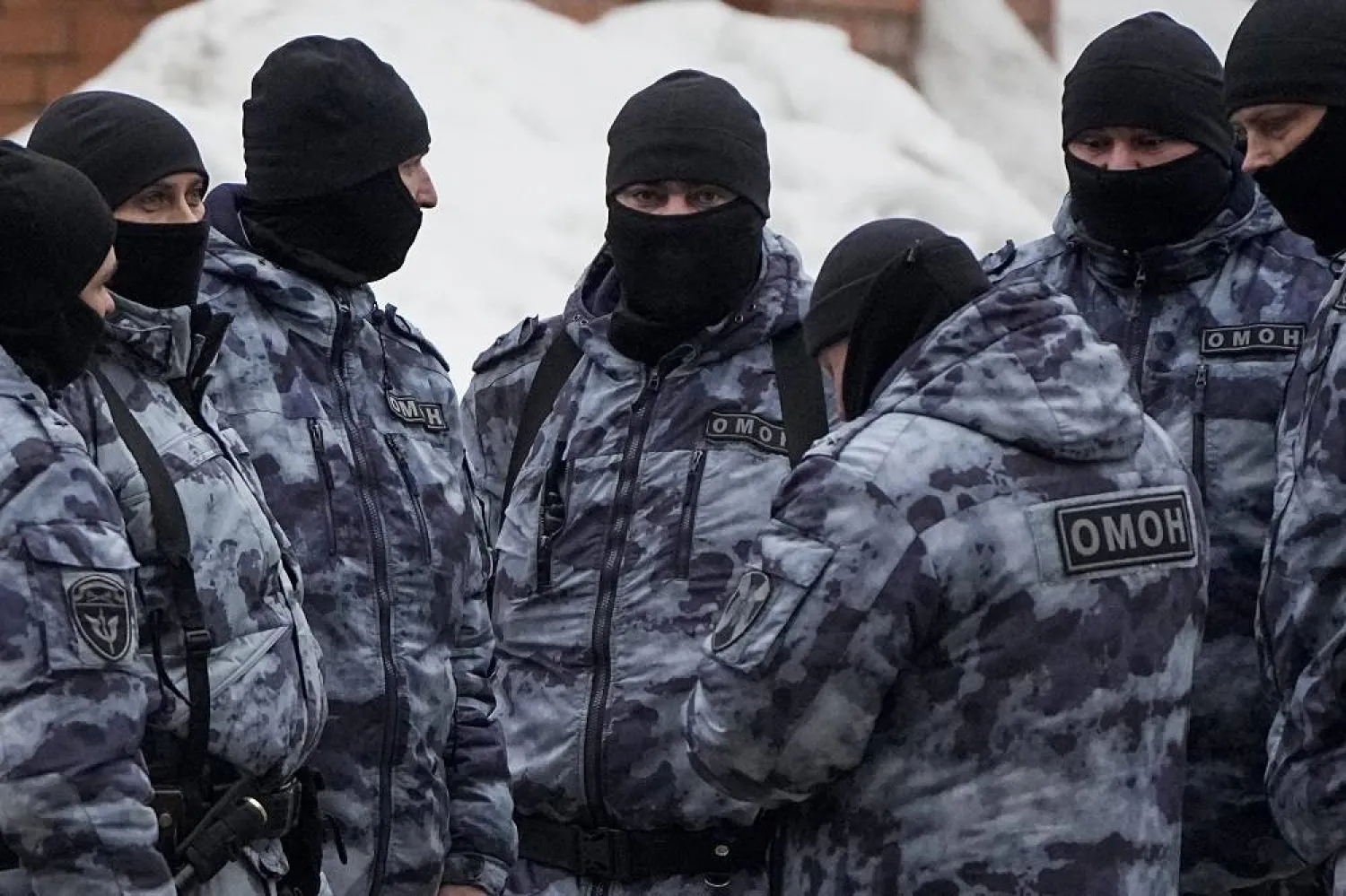Russia's Federal Security Service (FSB) said on Thursday that it had shot dead a Belarusian man who had been planning "an act of terrorism" on behalf of Ukraine in the northern Russian region of Karelia, the RIA state news agency reported.
The FSB, the main successor agency to the Soviet-era KGB, said it had "seized weapons and an improvised explosive device" (IED) after the shootout.
RIA cited the FSB as saying that the man had intended to blow up an administrative building in the city of Olonets, some 155 miles (250 km) from the Finnish border.
"During the arrest, the criminal opened fire from a firearm at special services officers and was neutralized during the clash," RIA cited the FSB as saying.
RIA published video footage showing several FSB agents entering a dilapidated, unlit building in a remote area, shouting "come out" and then firing shots.
The video then showed a man who appeared to be dead lying on the ground with a handgun next to his body.
The FSB said the IED had been made using a plastic explosive manufactured in Britain and had a US-made detonator.
Citing unnamed sources, Russian media reported the man's name as Nikolai Alekseev, a 49-year-old activist from Belarus who had participated in opposition protests there in 2020.









